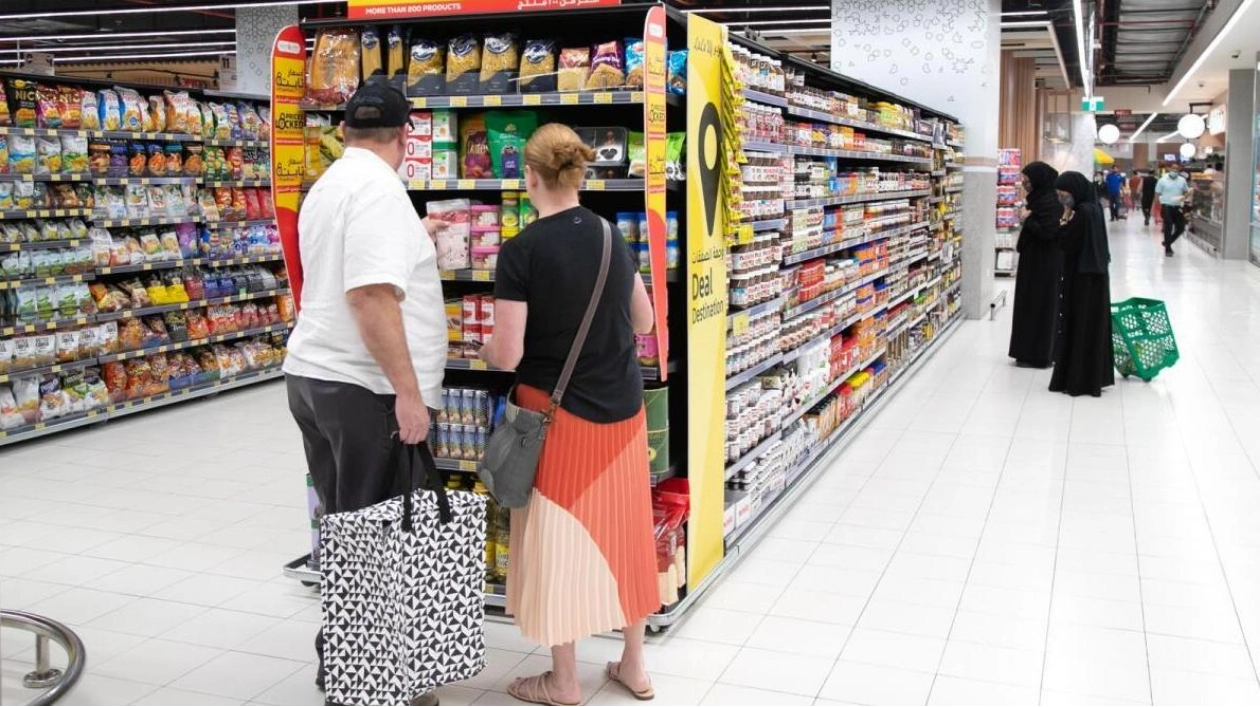Authorities have issued a warning about the health risks associated with hidden salts present in numerous packaged food items. The Ministry of Health and Prevention (MoHAP) emphasized the adverse effects of excessive salt consumption, which can lead to conditions such as high blood pressure, heart disease, circulatory issues, and stroke. In response, a seven-day campaign was launched to raise public awareness regarding the dangers of hidden salt and its impact on community health. The initiative aimed to educate individuals on the importance of reducing salt in their diets to enhance overall health.
The campaign focused on empowering community members with knowledge and skills to prepare their favorite meals using healthier alternatives to salt. Additionally, it aimed to educate them about the negative health implications of salt and assist them in making informed decisions when selecting food products by understanding salt content labels. The primary objective of the campaign was to promote healthier eating habits by encouraging individuals to lower their salt intake and opt for low-salt food products, aligning with the ministry's strategy to improve the quality of healthy living and raise awareness about nutritious eating practices.
As part of the campaign, various activities were organized including workshops on healthy alternatives and the significance of reading food labels before making purchases. The ministry leveraged its digital platforms and partnered with entities such as Union Coop, Choithrams, Liwa Gate, and Ajman Markets Cooperation to educate the community about the risks associated with excessive salt consumption. Practical skills for preparing low-salt recipes were also imparted through instructional videos, supported by Clickon for electronic and home appliances, demonstrating the use of salt substitutes and promoting the preparation of healthy dishes.
In addition to these efforts, social media quizzes were conducted to engage participants and encourage them to share their healthy meal creations, fostering a culture of wellness within the community. Nouf Khamis Al Ali, the director of the Health Promotion Department at MoHAP, expressed that the campaign was launched as part of continuous endeavors to promote healthy eating and enhance the quality of life through educational workshops, contests, and materials shared on social media. The ultimate objective of the campaign was to inspire community members to significantly improve their eating habits, equip them with the necessary knowledge and skills for effective use of salt substitutes, and provide practical advice on reducing salt intake, aiming to motivate all segments of society to adopt healthy dietary practices.






